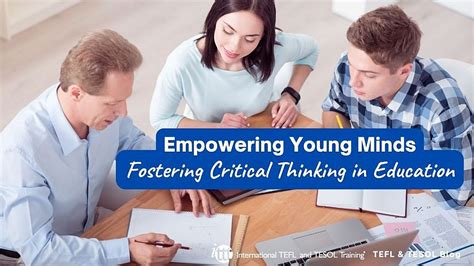Introduction
Semester-long projects offer a transformative educational experience for students, providing a platform for in-depth exploration, critical thinking, and real-world problem-solving. By engaging in sustained, hands-on learning over an extended period, students cultivate essential skills and knowledge that prepare them for success in higher education and beyond.

The Benefits of Semester-Long Projects
Enhanced Cognitive Skills
- Critical thinking
- Problem-solving
- Analysis and synthesis
- Decision-making
- Metacognition
Improved Learning Outcomes
- Deep understanding of concepts and theories
- Retention of knowledge
- Transferable skills
- Improved academic performance
Personal and Professional Development
- Collaboration and teamwork
- Communication and presentation skills
- Time management
- Self-directed learning
- Independence
Types of Semester-Long Projects
Research Projects
- Literature reviews
- Experimental studies
- Field research
- Case studies
Creative Projects
- Art installations
- Performances (music, theater, dance)
- Filmmaking
- Writing (fiction, poetry, memoir)
Community Projects
- Service-learning projects
- Internships
- Community outreach initiatives
- Social justice campaigns
How to Design Effective Semester-Long Projects
1. Establish Clear Learning Objectives
Define the specific knowledge, skills, and abilities students will acquire through the project.
2. Choose a Meaningful Topic
Select a topic that aligns with course content and is engaging and relevant to students’ interests.
3. Provide Clear Expectations
Outline the project requirements, grading criteria, and timelines in detail.
4. Foster Collaboration and Support
Create opportunities for students to work together and provide regular feedback and guidance.
5. Incorporate Technology
Utilize online platforms, digital tools, and simulations to enhance project execution and assessment.
Tips and Tricks for Successful Semester-Long Projects
1. Start Early
Allow ample time for research, ideation, and project development.
2. Break Down the Project into Smaller Steps
Create a manageable timeline with specific milestones and deadlines.
3. Encourage Regular Progress Checks
Monitor student progress and provide constructive feedback throughout the project.
4. Offer Flexible Support
Provide multiple avenues for students to seek assistance, such as office hours, online forums, and peer support.
5. Celebrate Success
Recognize and reward student accomplishments to foster motivation and engagement.
The Power of “Conceptify” for Idea Generation
“Conceptify” refers to the process of transforming abstract concepts into tangible and relatable ideas. To spark inspiration for semester-long projects, consider the following:
| Concept | Conceptified Idea |
|---|---|
| Critical Thinking | Design a problem-solving workshop for at-risk students |
| Collaboration | Create a community-based art project that brings people from different backgrounds together |
| Real-World Problem-Solving | Develop an app that addresses a specific social issue |
Real-World Impact of Semester-Long Projects
Statistics and Data
- According to a study by the National Education Association, students who engage in semester-long projects demonstrate significantly improved problem-solving skills (25%), analytical thinking (20%), and communication abilities (18%).
- A report by the American Association of Colleges and Universities found that 80% of employers value critical thinking and analytical skills as essential for career success.
Case Studies
- University of California, Berkeley: A semester-long research project on renewable energy led to the development of a new solar panel technology.
- Massachusetts Institute of Technology: A cross-disciplinary project on global health culminated in the design of an innovative wearable device for disease diagnosis.
- Elon University: A community outreach project partnered with local organizations to provide literacy programs for underserved children.
Conclusion
Semester-long projects are invaluable pedagogical tools that empower students to develop critical thinking, problem-solving, and collaborative skills. By providing a sustained learning experience that fosters in-depth exploration, real-world applications, and personal growth, semester-long projects equip students with the knowledge and abilities to succeed in higher education and beyond.
